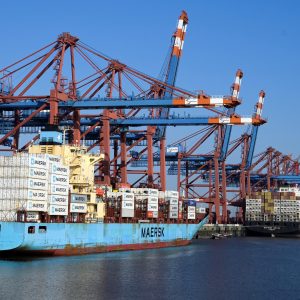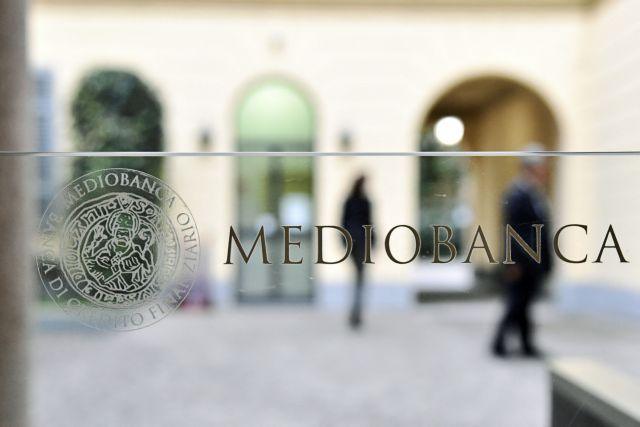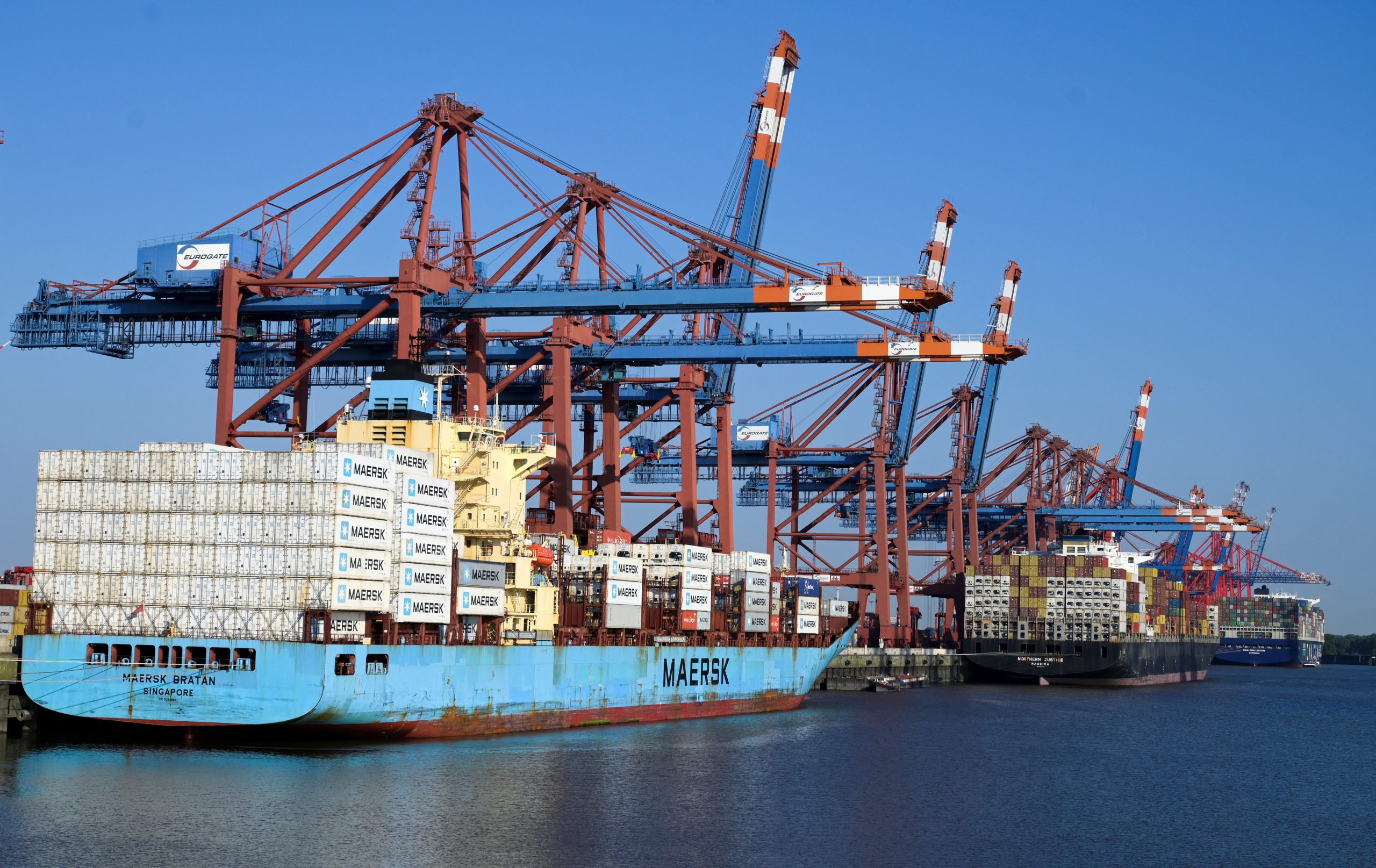The Greek economy is forecast to expand by up to 3% in 2024, approaching its pre-crisis level of 2009 and far outpacing the eurozone average of 0.8%, Reuters reports, underlining that officials and investors predict 2024 could be the year that a rebound is finally complete.
The article notes, however, that while the Greek debt crisis threatened to take down the whole eurozone over a decade ago, the country now faces a novel problem: being held back by stagnation plaguing the biggest eurozone economies and the member-states that once imposed strict reforms on its economy.
More than half of foreign direct investment into Greece, which totaled about 7.5 billion euros ($7.98 billion) in 2022, comes from west European countries like France and Germany, which are struggling with weak growth.
Greek exports, such as agricultural goods, fuel and pharmaceutical products – two-thirds of which head to the EU – fell almost 9% last year. Economic growth slowed to 2% in 2023, partly a result of its lagging EU partners.
The article contrasts Greece’s better-performing economic indicators, compared to other EU member-states, noting that borrowing costs for the country have plummeted to below those of Italy, and banks bailed out during the decade-long crisis are set to be fully privatized for the first time in nearly 14 years – a move some of the country’s largest investors see as a final sign of normality.
After years of being cut off from international markets, Greece was restored to an investment-grade credit rating in 2023 by most international ratings firms.
Nevertheless, the article also highlights some of the challenges facing the east Mediterranean country, with a falling birthrate and labor shortages posing a threat to the long-term outlook, whereas natural disasters partially attributed to climate change, such as major wildfires and unprecedented flooding, are straining state finances.
Despite the promising indicators on paper, many ordinary Greeks impacted by the crisis say they see little difference, with pundits stressing that wider benefits of the recovery will take time. For many Greeks though, economic turnaround has not translated into improved living standards.
Official unemployment remains above 10%, the second highest in the EU after Spain but dramatically lower than in previous years, and GDP per capita in purchasing power is among the lowest in the bloc, Eurostat data show. The average monthly salary of 1,175 euros is 20% lower than 15 years ago, according to labor ministry figures.
Source: tovima.com













![Ακίνητα: Ευκαιρίες στο real estate αναζητούν ξένοι επενδυτές – Πού στρέφονται [γραφήματα]](https://www.ot.gr/wp-content/uploads/2025/05/to-build-3930594_1280.jpg)






















![Φορολογία: Η Ελλάδα υπερφορολογεί τα…παιδιά της – Τι δείχνει έρευνα του ΟΟΣΑ [γραφήματα]](https://www.ot.gr/wp-content/uploads/2025/05/family-4937226_1920-1200x806-1.jpg)
